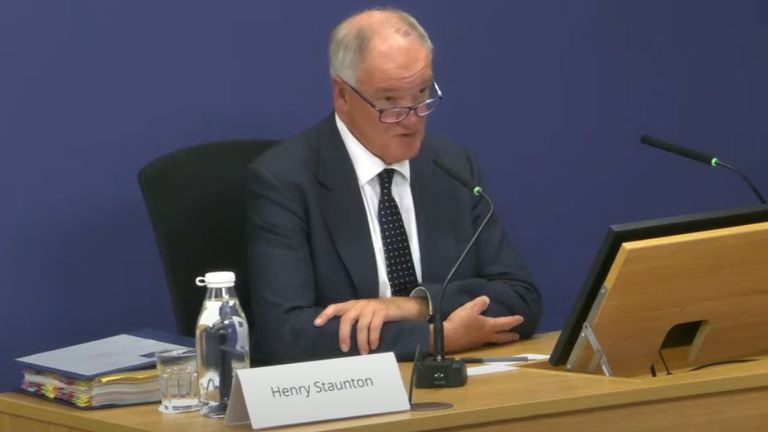
Most businesses that received government grants during lockdown would have survived without the handouts, an official report has concluded.
A report published by the Department for Business and Trade suggested “only a quarter” of the 1.4m businesses that benefited from £23bn of Covid-era grants would have gone bust without state support.
The 100-page document concluded that “a relatively high share of the businesses supported would have been likely to survive without cashflow support – implying that the outcomes associated with the programme could potentially have been achieved with lower levels of public spending”.
The conclusion is likely to add to scrutiny of the Government’s spending during Covid, amid mounting concerns about waste during the pandemic. The National Audit Office (NAO) has previously criticised the Bounce Back Loan scheme, saying ministers acted too slowly to put in place anti-fraud measures. Earlier this year the NAO estimated there had been £7.3bn of fraud related to Covid-era support schemes.
Britain is already counting the cost of lockdowns, including a £70bn furlough scheme that subsidised employee wages as well as the legacy of a pandemic that has left more people languishing on benefits and school children behind on their studies.
There are close to 2.8m people who are neither in work nor looking for a job in Britain, with many economically inactive because of poor mental health, including anxiety and depression.
A surge in spending during the pandemic also means the UK’s debt pile is now equal to the size of the economy, while a rise in long-term sickness owing to mental health issues is also expected to significantly push up spending on benefits this decade.
The report into Covid-era business support grants, which was prepared by pollster Ipsos, consultancy Steer and economist George Barrett, said many businesses that took Covid-era grants also benefited from the furlough scheme.
The so-called Local Authority Covid-19 Business grant schemes “may have safeguarded around 300,000 direct jobs” the report said, although it added that the benefit of financial support “began to decay” in 2022 because it kept some workers in jobs that were inefficient for them to remain in.
However, the report did conclude that the grants “had a persistent effect in terms of maintaining employment and may have helped mitigate any ‘scarring’ effects caused by the pandemic”.
The Government’s decision to prioritise speed over need meant a wide range of businesses were able to benefit from various schemes, the report concluded.
A Restart grant that offered businesses one-off handouts of up to £18,000 that the report said helped to “maintain broader economic confidence”. The cash helped up to 430,000 people to avoid unemployment between 2020 and 2022, which could have contributed to an even bigger worklessness crisis.
However, the report warned that this also meant significantly more cash was distributed to businesses that did not need the money.
It said: “The programme was effective in meeting its objectives of providing a rapid response to the cashflow issues caused by the introduction of restrictions to manage the Covid-19 pandemic, preventing a substantial number of business failures and branch closures.
“However, delivery of the schemes also did not involve any material test of need.
“Analysis of the balance sheets of firms receiving grants suggested that only a quarter had financial reserves that would not have allowed them to absorb the costs associated with short-term disruptions in their ability to trade.”
Disclaimer: The copyright of this article belongs to the original author. Reposting this article is solely for the purpose of information dissemination and does not constitute any investment advice. If there is any infringement, please contact us immediately. We will make corrections or deletions as necessary. Thank you.



